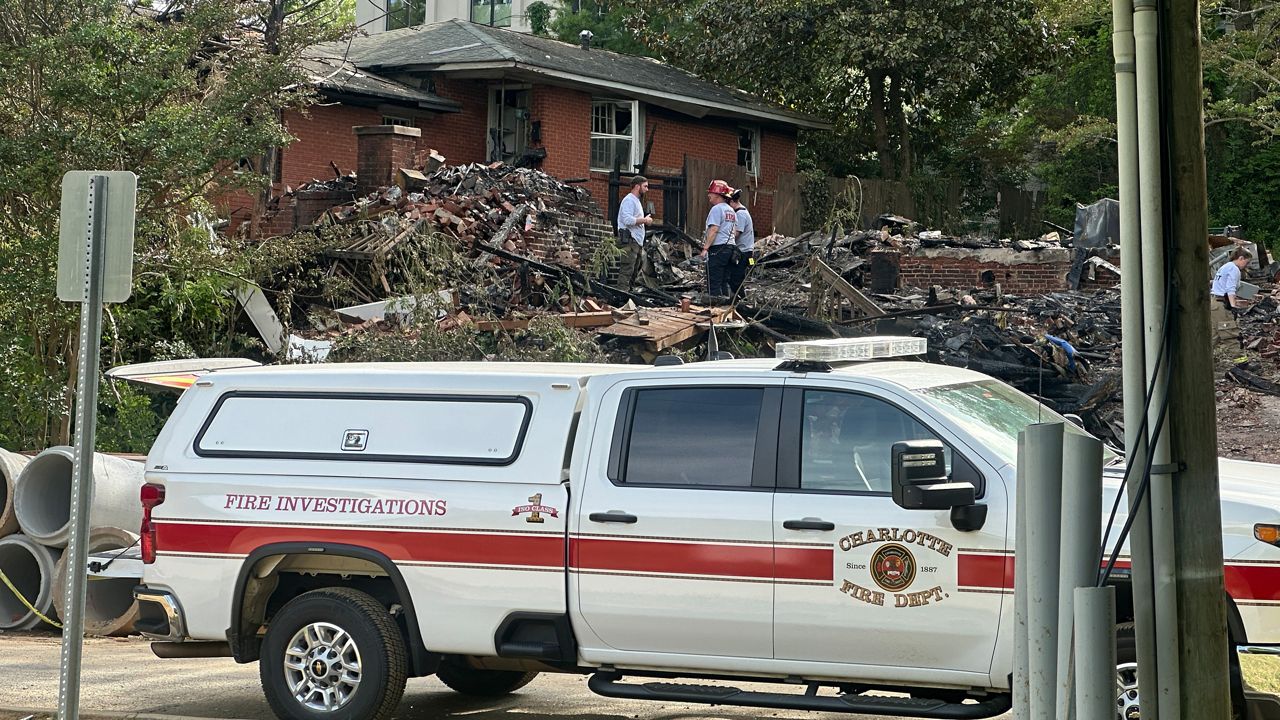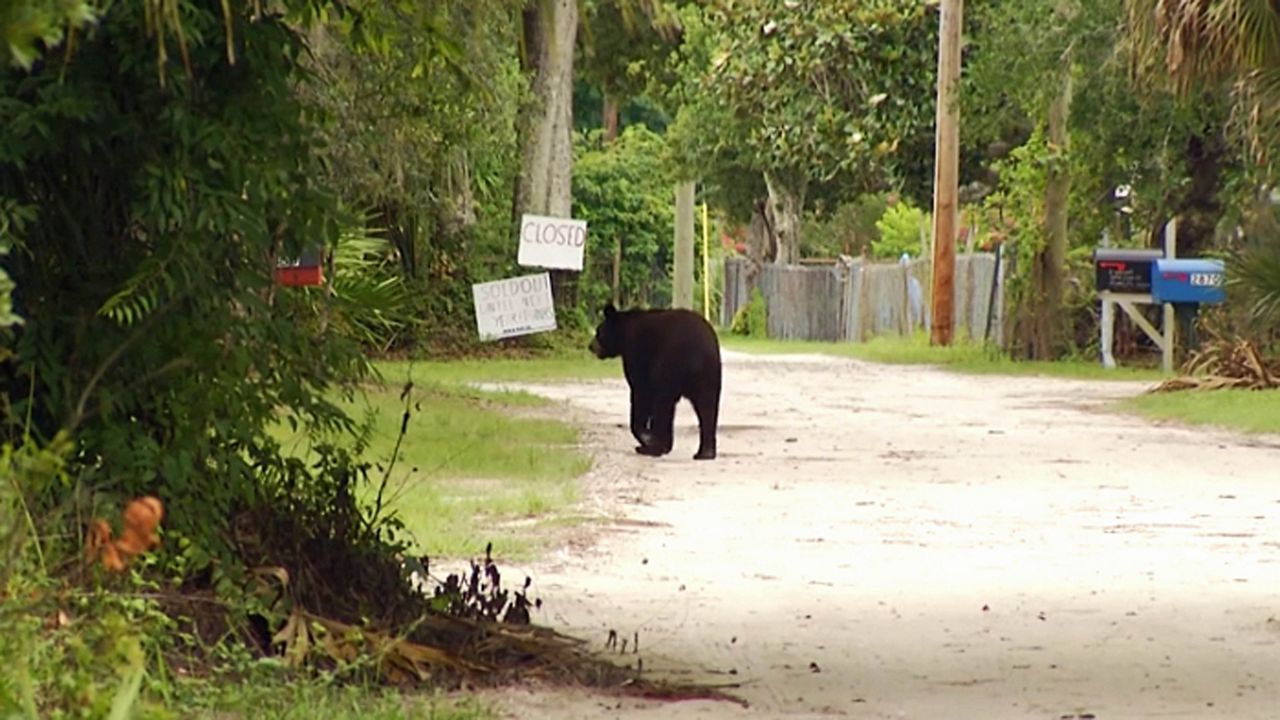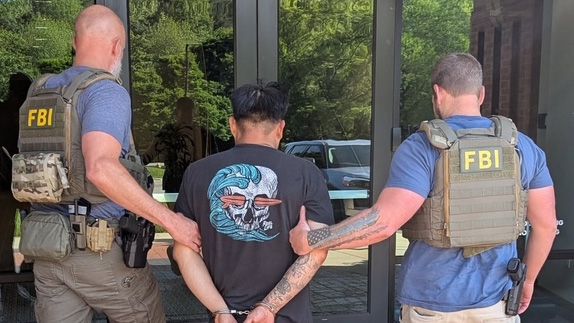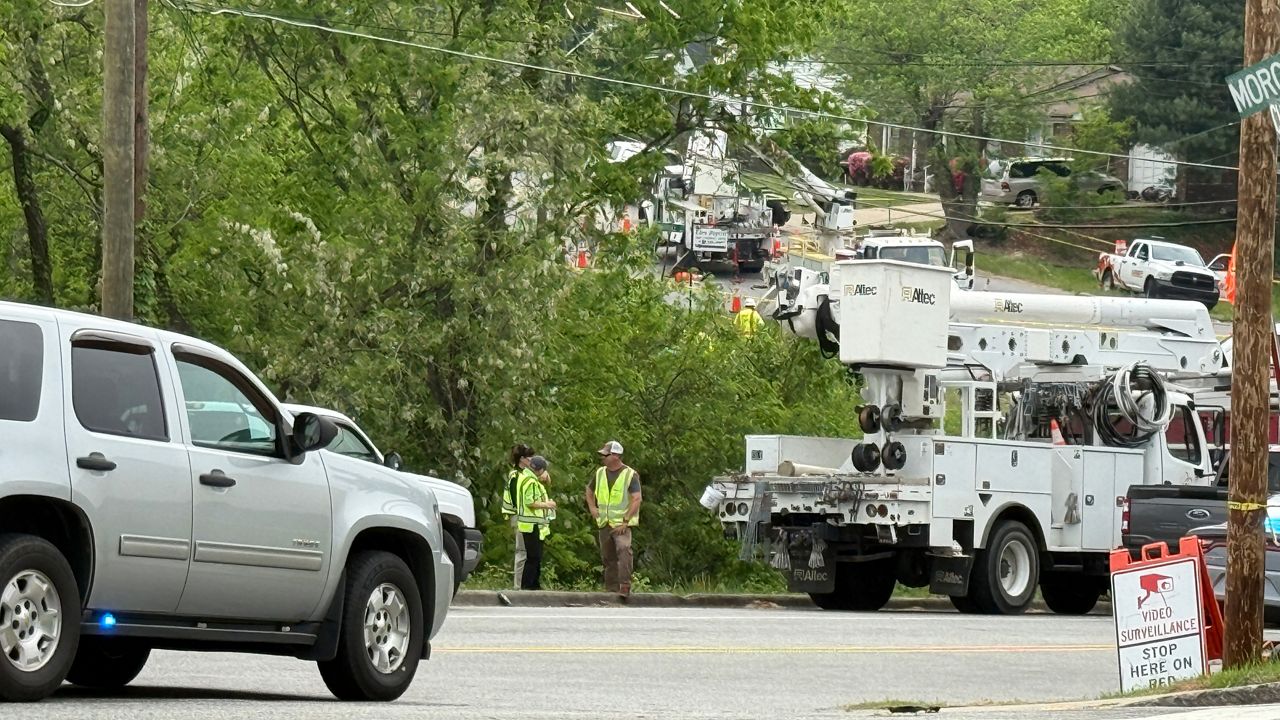WILMINGTON, N.C. — UNCW was recently selected by the Federal Aviation Administration to join a select number of universities around the country in their unmanned aircraft systems collegiate training initiative – better known as drone classes.
What You Need To Know
- UNCW is offering drone courses in conjunction with the FAA
- UAS systems are being used more and more across multiple industries and career fields
- Geospatial research and GPS mapping has been revolutionized by drones
Dr. Narcisa Pricope is the professor who first introduced drones to UNCW’s campus back in 2017 and will head up the program in coming semesters. She remembers all too well the cumbersome process it used to be in the field just to gather the same data a drone can now collect and transmit in seconds.
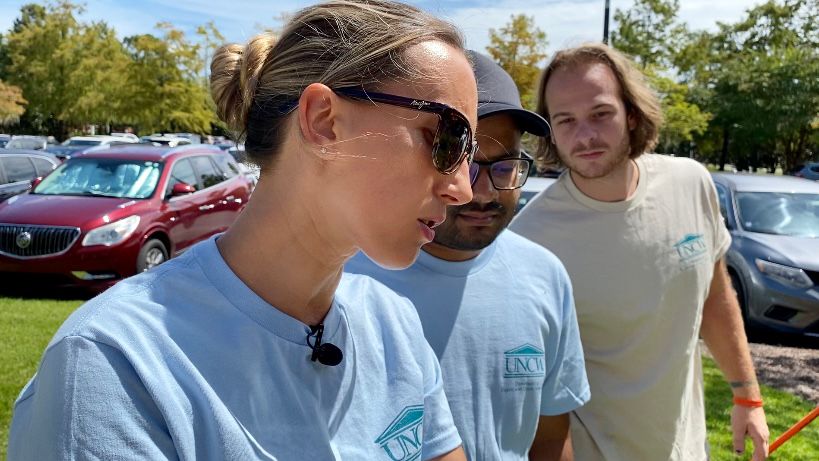
“I was out in the field with a binder with sheets of paper, with a GPS in hand, with a camera in hand, with a compass around my neck, and I was carrying all these things ...and then I was relying on satellites and they would only maybe give us a good image twice a year,” Pricope said. “Now on demand we can go out with this equipment and fly and collect data.”
The drones available to students and researchers at the university are varied in both size, purpose and pricetag. Although some drones come with astronomical figures attached to them, Pricope said the drones students learn on are typically only a few thousand dollars. She said students find flying the drones extremely intuitive due to the popularity of video games in our culture.
“I wasn’t scared to let them launch the drone and crash it or do anything like that because when students learn they are engaged and they want to learn and they help us push the science and push the applications forward,” Pricope said.“I wasn’t scared to let them launch the drone and crash it or do anything like that because when students learn they are engaged and they want to learn and they help us push the science and push the applications forward,” Pricope said.
She primarily uses drones for mapping and collecting aerial data, but drones are being used in construction, mining, health care, natural resource management and even law enforcement.
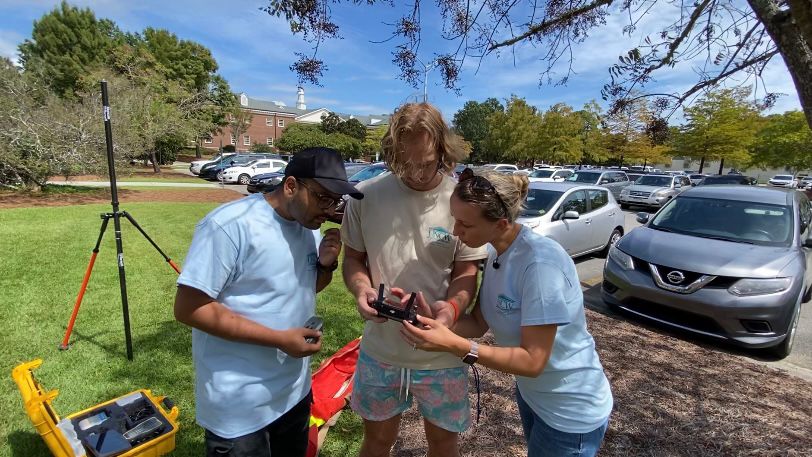
“The drone market is a multibillion dollar market and industry and it allows students to obtain amazing job opportunities that they wouldn’t otherwise have,” Pricope said.
UNCW was also recently awarded over $850,000 by the National Science Foundation to establish a coastal drone observatory.
“Our field has been revolutionized by drone technology,” Pricope said. “It’s exciting for everyone coming into the university to learn about remote sensing, to learn this field, which is not necessarily all that easy, but this is so intuitive. They can see the image, they know they were there, they can see themselves in the data and that is huge.”
The drones are not only a talking point, but a matter of curiosity and intrigue for students attending UNCW and those considering applying. The university is currently creating a UAS certification at both the graduate and undergraduate levels.
Her hope is that the program will expand to reach students sooner in their education, starting with those in middle and high school.







